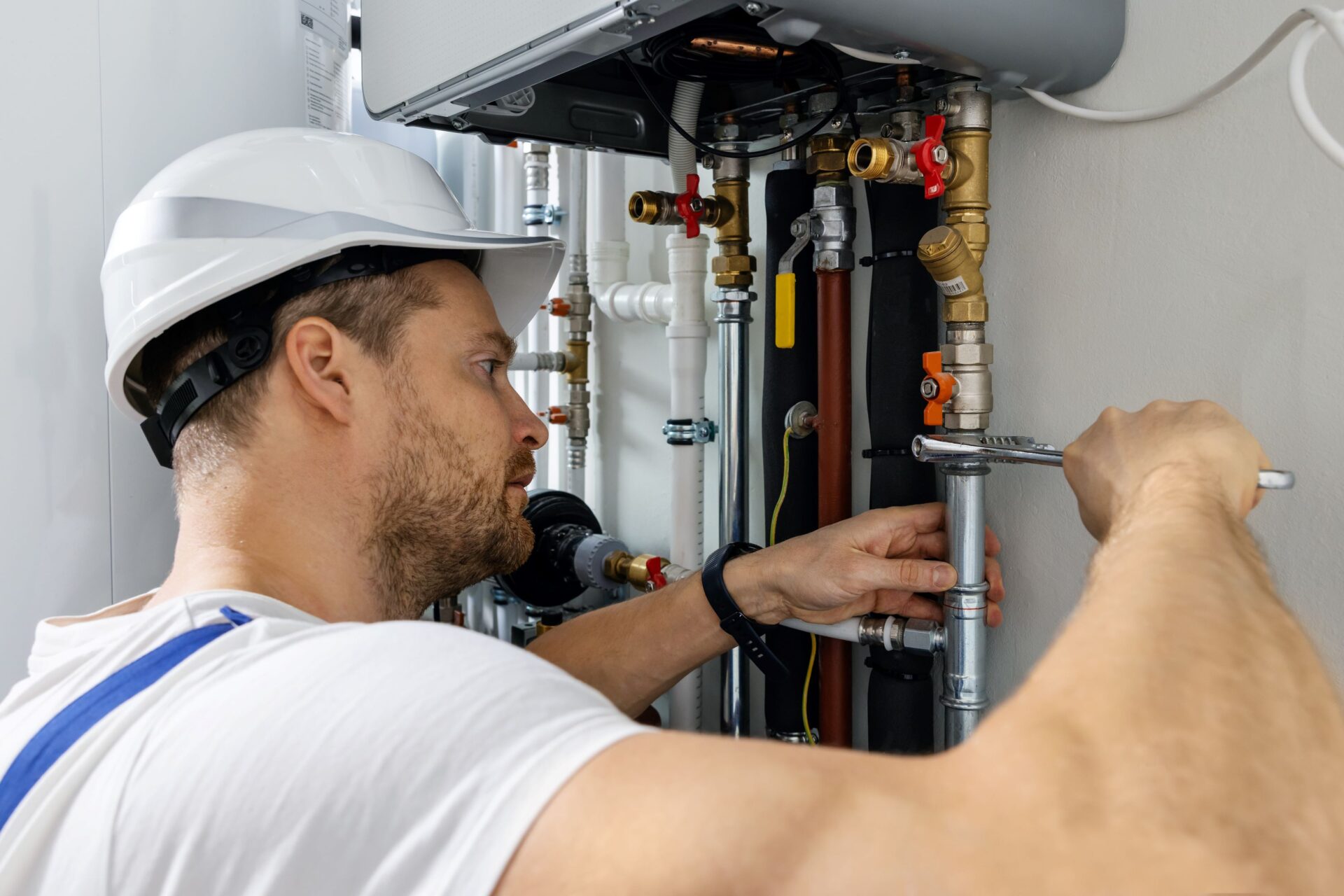

Articles
How To Get Plumbing Contractor License
Modified: August 16, 2024
Learn how to obtain a plumbing contractor license with our comprehensive articles. Gain the knowledge and resources you need to succeed in the plumbing industry.
(Many of the links in this article redirect to a specific reviewed product. Your purchase of these products through affiliate links helps to generate commission for Storables.com, at no extra cost. Learn more)
Introduction
Achieving licensing as a plumbing contractor is an important step towards establishing a successful career in the plumbing industry. Being a licensed contractor not only gives you credibility and recognition but also allows you to undertake more complex and lucrative projects. However, obtaining a plumbing contractor license requires meeting specific requirements and going through a rigorous application and examination process.
In this article, we will outline the necessary steps to obtain a plumbing contractor license. We will cover the requirements, application process, and tips for preparing for and passing the licensing exam. Additionally, we will provide insights on maintaining and renewing your license to ensure your continued success as a plumbing contractor.
Becoming a licensed plumbing contractor demonstrates your commitment to professionalism, adherence to safety standards, and expertise in the field. It instills confidence in your clients and partners, positioning you as a trusted professional in the plumbing industry. It also opens doors to higher-paying job opportunities and the ability to bid on larger projects.
However, it is vital to note that the specific requirements for obtaining a plumbing contractor license may vary depending on your location. It is essential to research and understand the licensing regulations within your jurisdiction. Generally, the requirements include a combination of education, experience, and passing an examination.
Throughout this article, we will provide valuable insights based on general guidelines. However, it is crucial to consult with the appropriate licensing board or regulatory authority in your area to ensure you are following the correct procedures and meeting all necessary criteria.
Now that we have established the importance of obtaining a plumbing contractor license and the need to adhere to regional regulations, let us delve into the requirements that need to be fulfilled in order to apply for this license.
Key Takeaways:
- Obtaining a plumbing contractor license involves meeting education, experience, and financial stability requirements, as well as passing a rigorous examination. It’s a commitment to professionalism and opens doors to higher-paying opportunities.
- Successfully maintaining and renewing a plumbing contractor license requires staying informed, completing continuing education, and adhering to professional standards. It’s a commitment to ongoing professional development and delivering quality work.
Requirements for obtaining a plumbing contractor license
To become a licensed plumbing contractor, there are certain requirements that you must fulfill. These requirements may vary depending on your location, so it is essential to research the specific regulations in your area. However, here are some common requirements that are typically necessary to obtain a plumbing contractor license:
1. Education and Training: Most jurisdictions require a minimum level of education or training in plumbing. This may include completing a plumbing apprenticeship program, attending vocational or technical schools, or obtaining a degree in plumbing or a related field. The specific educational requirements can vary, so it is important to check with the licensing board for the acceptable credentials.
2. Work Experience: Along with education, you will need to accumulate a certain amount of work experience as a plumber. This experience is typically obtained through working as a journeyman plumber or under the supervision of a licensed plumbing contractor. The required amount of experience may vary, but it is often several years of documented work under a licensed professional.
3. Financial Stability: Many licensing bodies will assess your financial stability as part of the application process. This may involve submitting financial statements or other documentation to demonstrate that you have the necessary resources to operate a plumbing contractor business. This requirement is in place to ensure that you can fulfill your contractual obligations and provide quality service to clients.
4. Passing Examinations: Most jurisdictions require aspiring plumbing contractors to pass a licensing examination. These exams typically evaluate your knowledge of plumbing codes, regulations, safety practices, and business principles. Preparing for the exam involves studying relevant materials and possibly attending preparatory courses or workshops. Passing the exam demonstrates your competence and understanding of the trade.
5. Insurance and Bonding: As a plumbing contractor, you will need to carry adequate insurance and bonding to protect yourself, your employees, and your clients. These requirements may include general liability insurance, workers’ compensation insurance, and surety bonds. The specific coverage amounts and types of insurance can vary, so it is important to review the regulations in your area.
Remember that these requirements are just a general overview, and it is essential to consult the licensing board or regulatory authority in your jurisdiction for the specific requirements and procedures. By fulfilling these requirements, you will be one step closer to obtaining your plumbing contractor license. In the next section, we will explore the steps involved in applying for a plumbing contractor license.
Steps to apply for a plumbing contractor license
Applying for a plumbing contractor license involves several steps to ensure that you meet all the necessary requirements and provide the required documentation. Although the specific procedures may vary depending on your location, here are the general steps involved in applying for a plumbing contractor license:
1. Research and Familiarize Yourself: Start by researching the licensing requirements and regulations in your jurisdiction. Understand the specific qualifications, documentation, and fees needed to apply for a plumbing contractor license. This information can usually be found on the website of the licensing board or regulatory authority.
2. Gather Required Documents: Once you are familiar with the requirements, gather all the necessary documents. These may include educational certificates, transcripts, proof of work experience, financial statements, insurance policies, bonding certificates, and any other documentation required by the licensing board.
3. Complete the Application Form: Fill out the application form provided by the licensing board. Ensure that all the required fields are accurately completed and that you provide all the necessary supporting documentation. Double-check the form to avoid any mistakes or missing information that could delay the application process.
4. Pay Application Fees: Submit the required application fees along with your application form. The fees can vary depending on your location and the specific type of plumbing contractor license you are applying for. Make sure to include the correct payment method and verify the acceptable payment options with the licensing board.
5. Schedule an Interview (If Required): Some jurisdictions may require an interview as part of the application process. If an interview is necessary, contact the licensing board to schedule a convenient date and time. Prepare for the interview by reviewing the licensing requirements and regulations, as well as familiarizing yourself with common plumbing industry practices.
6. Submit the Application: Once you have completed the application form, gathered the required documents, and paid the fees, submit the application package to the licensing board. Ensure that you retain a copy of the application and supporting documents for your records. Consider sending the application via a tracked or certified mail service to ensure its safe delivery.
7. Follow Up on the Application: After submitting the application, follow up with the licensing board to confirm its receipt and ask about the expected processing time. Keep track of any communication from the board regarding your application, such as requests for additional documentation or clarification.
8. Await Application Approval: Once all the required documentation has been reviewed and verified, you will receive notification regarding the status of your application. If your application is approved, you will be granted a plumbing contractor license. If there are any issues or requirements that need to be addressed, follow the instructions provided by the licensing board to rectify the situation.
By following these steps diligently and ensuring that you meet all the requirements and provide accurate documentation, you will increase the chances of a smooth application process. In the next section, we will provide tips on preparing for the plumbing contractor license exam.
Preparing for the plumbing contractor license exam
The plumbing contractor license exam is a crucial step in obtaining your license. This exam tests your knowledge and understanding of plumbing codes, regulations, safety practices, and business principles. Adequate preparation is essential to increase your chances of passing the exam on your first attempt. Here are some tips to help you effectively prepare for the plumbing contractor license exam:
1. Understand the Exam Content: Begin by familiarizing yourself with the exam content and its specific areas of focus. Obtain the exam syllabus or guidelines provided by the licensing board to understand what topics will be covered. Pay attention to areas such as plumbing codes, regulations, plumbing systems, safety practices, estimating, and business management.
2. Study Relevant Materials: Gather study materials that cover the exam content. This may include textbooks, plumbing codes, manuals, reference guides, and online resources. Use reputable sources to ensure accurate and up-to-date information. Consider joining study groups, attending review courses, or utilizing online practice exams to further enhance your preparation.
3. Create a Study Schedule: Develop a study schedule that allows for consistent and structured studying. Set aside dedicated time each day or week to review the exam material. Break down the content into manageable sections and allocate sufficient time for each topic. Stick to your study schedule to ensure comprehensive coverage of the exam content.
4. Review Plumbing Codes and Regulations: Plumbing codes and regulations play a significant role in the exam. Familiarize yourself with the relevant plumbing codes and regulations applicable to your jurisdiction. Pay attention to updates and revisions in the codes. Practice applying these codes to real-world scenarios to strengthen your understanding.
5. Take Practice Exams: Practice exams can be valuable tools in preparing for the plumbing contractor license exam. These exams simulate the actual testing environment and help you become familiar with the format, types of questions, and time constraints. Analyze your performance on practice exams to identify areas of weakness and spend additional time reviewing those topics.
6. Seek Professional Guidance: Consider seeking guidance from experienced professionals or instructors who specialize in preparing candidates for plumbing exams. They can provide valuable insights, offer study tips, and clarify any doubts you may have. Their expertise can help you navigate through the exam content effectively and increase your chances of success.
7. Utilize Flashcards and Study Guides: Flashcards and study guides can be effective tools for memorizing key concepts, terms, definitions, and formulas. Create your own flashcards or utilize pre-made ones available online. Regularly review these flashcards to reinforce your understanding and improve your retention of essential information.
8. Practice Time Management: The plumbing contractor license exam is often time-limited. Practice managing your time effectively during practice exams and study sessions. Pay attention to the time allocated for each question or section and aim to answer questions within the designated timeframes. This will help you develop a comfortable pace and avoid rushing during the actual exam.
Remember, adequate preparation is the key to success in any exam. Plan your study approach strategically, methodically review the exam content, and utilize various study resources to enhance your understanding. By following these tips, you will be well-prepared to tackle the plumbing contractor license exam with confidence.
Research the specific requirements for obtaining a plumbing contractor license in your state, which may include completing a certain number of hours of training, passing an exam, and providing proof of experience in the field.
Taking the plumbing contractor license exam
After putting in the time and effort to prepare for the plumbing contractor license exam, the next step is to actually take the exam. This can be a nerve-wracking experience, but with proper preparation and a calm mindset, you can increase your chances of success. Here are some important tips to keep in mind when taking the plumbing contractor license exam:
1. Get a Good Night’s Sleep: Make sure you get enough rest the night before the exam. Being well-rested will help you stay focused and alert during the exam. Avoid staying up late or cramming study material at the last minute. This is the time to relax and trust in your preparation.
2. Arrive Early: Plan to arrive at the exam location early. This will give you ample time to find your assigned seat, check-in, and get settled. Being early helps reduce stress and allows you to begin the exam with a calm mind.
3. Read the Instructions Carefully: Take the time to carefully read and understand the instructions provided by the exam proctor. Pay attention to any specific guidelines or requirements for completing the exam. Clarify any doubts you may have before starting the exam.
4. Pace Yourself: The plumbing contractor license exam is typically timed, so it is important to manage your time effectively. Read each question carefully, and avoid spending too much time on any one question. If you are unsure about a particular question, make a note and come back to it later if time permits.
5. Answer Every Question: Make sure you answer every question on the exam, even if you are unsure of the correct answer. It is better to make an educated guess than to leave a question blank. Use the process of elimination to eliminate obviously incorrect options, and then choose the best possible answer.
6. Pay Attention to Detail: Plumbing involves precise measurements, calculations, and attention to detail. Take the time to carefully review all the information provided in each question. Double-check your calculations and ensure that your answers are accurate.
7. Manage Test Anxiety: It’s natural to feel nervous during exams, but excessive anxiety can hinder your performance. Practice deep breathing exercises or other relaxation techniques before and during the exam to help calm your nerves. Remember that you have prepared well for this moment, and trust in your abilities.
8. Review Your Answers: If time permits, go back and review your answers once you have completed the entire exam. Look for any errors or inconsistencies. Use this time to make any necessary corrections or provide additional explanations if required.
9. Stay Positive: Maintain a positive mindset throughout the exam. If you encounter a challenging question, stay calm and approach it with a logical and methodical mindset. Trust in your preparation and believe in your ability to succeed.
After completing the exam, submit your answers and follow any additional instructions provided by the exam proctor. It is important to remember that exam results may not be available immediately. You will need to wait for the grading process to be completed, and the licensing board will notify you of your results.
Regardless of the outcome, remember that the exam is just one part of your journey towards becoming a licensed plumbing contractor. If you pass the exam, congratulations! You can move forward with your licensing process. If you do not pass, take it as an opportunity to identify areas for improvement and continue to work towards your goal. With perseverance and determination, you can overcome any setbacks and achieve your desired result.
Submitting the application for a plumbing contractor license
Once you have completed the necessary requirements and preparations, it is time to submit your application for a plumbing contractor license. This step is crucial in the process of obtaining your license, as it involves providing all the required documentation, fees, and information to the licensing board. Here are the important steps to follow when submitting your application:
1. Review Application Checklist: Before submitting your application, carefully review the application checklist provided by the licensing board. This checklist outlines all the required documents, fees, and any other information that must be included with your application. Ensure that you have gathered everything necessary before proceeding.
2. Organize Your Documents: Take the time to organize and arrange all the required documents according to the application checklist. This may include educational certificates, work experience documentation, financial statements, insurance policies, bonding certificates, and any other supporting materials. Make copies of all documents and keep them for your records.
3. Complete the Application Form: Fill out the application form accurately and completely. Be sure to provide all the necessary information, including personal details, educational qualifications, work experience, and any other relevant information requested. Use clear and concise language, and avoid leaving any sections blank unless instructed otherwise.
4. Pay the Application Fees: Include the required application fees with your application. The fees may vary depending on your location and the type of plumbing contractor license you are applying for. Ensure that you follow the instructions provided by the licensing board regarding acceptable payment methods and any additional fees that may be required.
5. Double-Check Your Application: Before submitting the application, carefully review all the information provided. Check for any errors, omissions, or inconsistencies. Verify that you have included all the necessary documents and fees. It may be helpful to have another person review your application as well, to catch any mistakes you may have missed.
6. Submit the Application: Once you are confident that your application is complete and accurate, submit it to the licensing board. Follow the instructions provided by the board regarding the submission process. This may include mailing the application or submitting it electronically through an online portal. Ensure that you have met any deadlines specified by the board.
7. Keep a Record: Make a copy of your submitted application and all the attached documents for your own records. This will serve as proof of your submission and can be helpful for future reference. It is also advisable to keep a record of any communication you receive from the licensing board regarding your application.
8. Follow Up on Your Application: After submitting your application, it is important to stay connected with the licensing board to ensure that your application is being processed. Inquire about the expected processing time and any additional information or documentation they may require. Be responsive to any requests or inquiries from the board to ensure a smooth application process.
Remember that the processing time for your application may vary depending on the volume of applications received and the procedures followed by the licensing board. It requires patience and understanding during this time. Once your application has been reviewed and approved, you will receive your plumbing contractor license, enabling you to legally operate as a licensed professional.
Submitting a complete and accurate application is crucial in obtaining your plumbing contractor license. By following these steps, you can ensure that your application is properly prepared and meets all the requirements set forth by the licensing board.
Tips for maintaining and renewing a plumbing contractor license
Obtaining a plumbing contractor license is an important achievement, but it is equally important to maintain and renew your license to continue practicing as a licensed professional. Here are some essential tips to help you successfully maintain and renew your plumbing contractor license:
1. Stay Updated on Licensing Requirements: Stay informed about the licensing requirements and regulations in your jurisdiction. Be aware of any changes or updates to the rules and regulations that may affect your license. Regularly check the website or contact the licensing board to stay updated on any new requirements or renewal procedures.
2. Complete Continuing Education: Many jurisdictions require licensed professionals to complete continuing education courses to maintain and renew their licenses. Stay proactive in pursuing these courses to enhance your knowledge and skills in the plumbing industry. Participate in workshops, seminars, webinars, or online courses that are approved for continuing education credits.
3. Keep Accurate Records: Maintain accurate records of your continuing education credits, work experience, insurance policies, and any other necessary documentation required for license renewal. These records will help streamline the renewal process and ensure that you meet the required criteria when submitting your renewal application.
4. Submit Renewal Applications on Time: Be mindful of the renewal deadlines specified by the licensing board. Submit your renewal application well before the expiration date to ensure that it is processed and approved in a timely manner. Late submissions may result in additional fees or even the suspension of your license.
5. Pay Renewal Fees: Along with the renewal application, there may be fees associated with renewing your plumbing contractor license. Make sure to include the necessary fees with your renewal application. Keep track of any changes in the fee structure and ensure that you pay the correct amount.
6. Maintain Liability Insurance and Bonding: It is imperative to maintain the required liability insurance and bonding throughout the duration of your license. Regularly review your insurance policies and surety bonds to ensure that they are up to date and comply with the regulatory requirements. Failure to maintain proper insurance and bonding can lead to the suspension or revocation of your license.
7. Adhere to Professional Standards and Codes: As a licensed plumbing contractor, it is essential to adhere to the professional standards and codes of conduct in your industry. Stay updated with the latest plumbing codes, safety practices, and industry guidelines. Complying with these standards will not only help you maintain your license but also ensure the safety of your clients and the quality of your work.
8. Engage in Professional Development: Continue to invest in your professional development even after obtaining your license. Stay updated on the latest advancements, techniques, and technologies in the plumbing industry. Attend conferences, join professional organizations, and network with other professionals to enhance your knowledge, skills, and industry connections.
9. Maintain a Positive Reputation: Your reputation as a plumbing contractor plays a significant role in the longevity of your license. Build and maintain a positive reputation by delivering quality work, providing excellent customer service, and maintaining ethical business practices. Satisfied clients and a strong reputation will not only lead to repeat business but also contribute to the success and longevity of your license.
By following these tips, you can ensure that you successfully maintain and renew your plumbing contractor license. By staying informed, completing continuing education, adhering to professional standards, and delivering quality work, you can continue to operate as a licensed professional and thrive in the plumbing industry.
Conclusion
Obtaining and maintaining a plumbing contractor license is a vital step towards building a successful career in the plumbing industry. It not only provides you with credibility and recognition, but also enables you to work on more complex and lucrative projects. Throughout this article, we have explored the requirements for obtaining a plumbing contractor license, the steps involved in applying for the license, tips for preparing for and taking the licensing exam, and essential advice for maintaining and renewing your license.
By fulfilling the education, experience, and financial stability requirements, you can set yourself on the path to becoming a licensed plumbing contractor. Preparing for the licensing exam requires a thorough understanding of the exam content, studying relevant materials, and utilizing practice exams to solidify your knowledge. Taking the exam itself requires a calm and focused mindset, time management skills, and attention to detail.
Submitting your application for a plumbing contractor license entails gathering the required documentation, paying the necessary fees, and following the guidelines provided by the licensing board. It is crucial to stay informed about the licensing requirements and renewal procedures, complete continuing education, and maintain accurate records to successfully maintain and renew your license. Adhering to professional standards, providing quality work, and maintaining a positive reputation are key elements in ensuring the longevity and success of your plumbing contractor license.
Remember, the specific requirements and procedures for obtaining and renewing a plumbing contractor license may vary depending on your location. It is essential to review and comply with the regulations set by the licensing board or regulatory authority in your area.
Becoming a licensed plumbing contractor requires dedication, knowledge, and ongoing commitment to professional development. By obtaining and maintaining your license, you position yourself as a trusted professional in the plumbing industry, opening doors to new opportunities and higher levels of success. Stay informed, continuously improve your skills, and deliver outstanding service to establish yourself as a reputable and sought-after plumbing contractor.
As you embark on this journey towards obtaining your plumbing contractor license, remember that it is not only a significant achievement but also a commitment to lifelong learning and upholding professional standards. With determination, preparation, and a dedication to excellence, you can thrive in your career as a licensed plumbing contractor.
Frequently Asked Questions about How To Get Plumbing Contractor License
Was this page helpful?
At Storables.com, we guarantee accurate and reliable information. Our content, validated by Expert Board Contributors, is crafted following stringent Editorial Policies. We're committed to providing you with well-researched, expert-backed insights for all your informational needs.

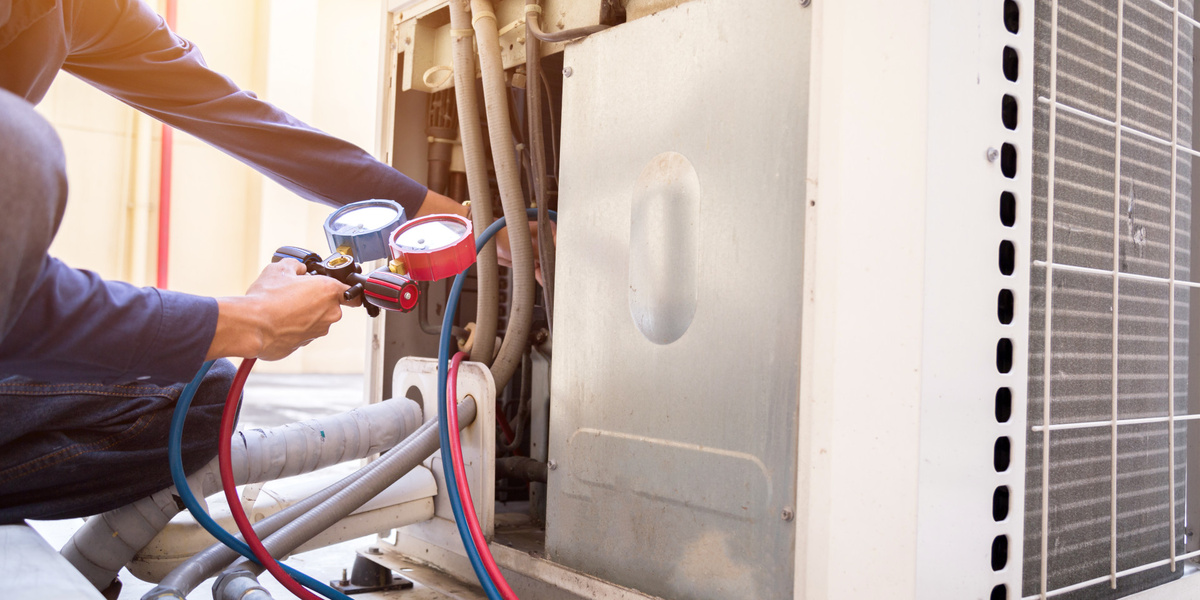


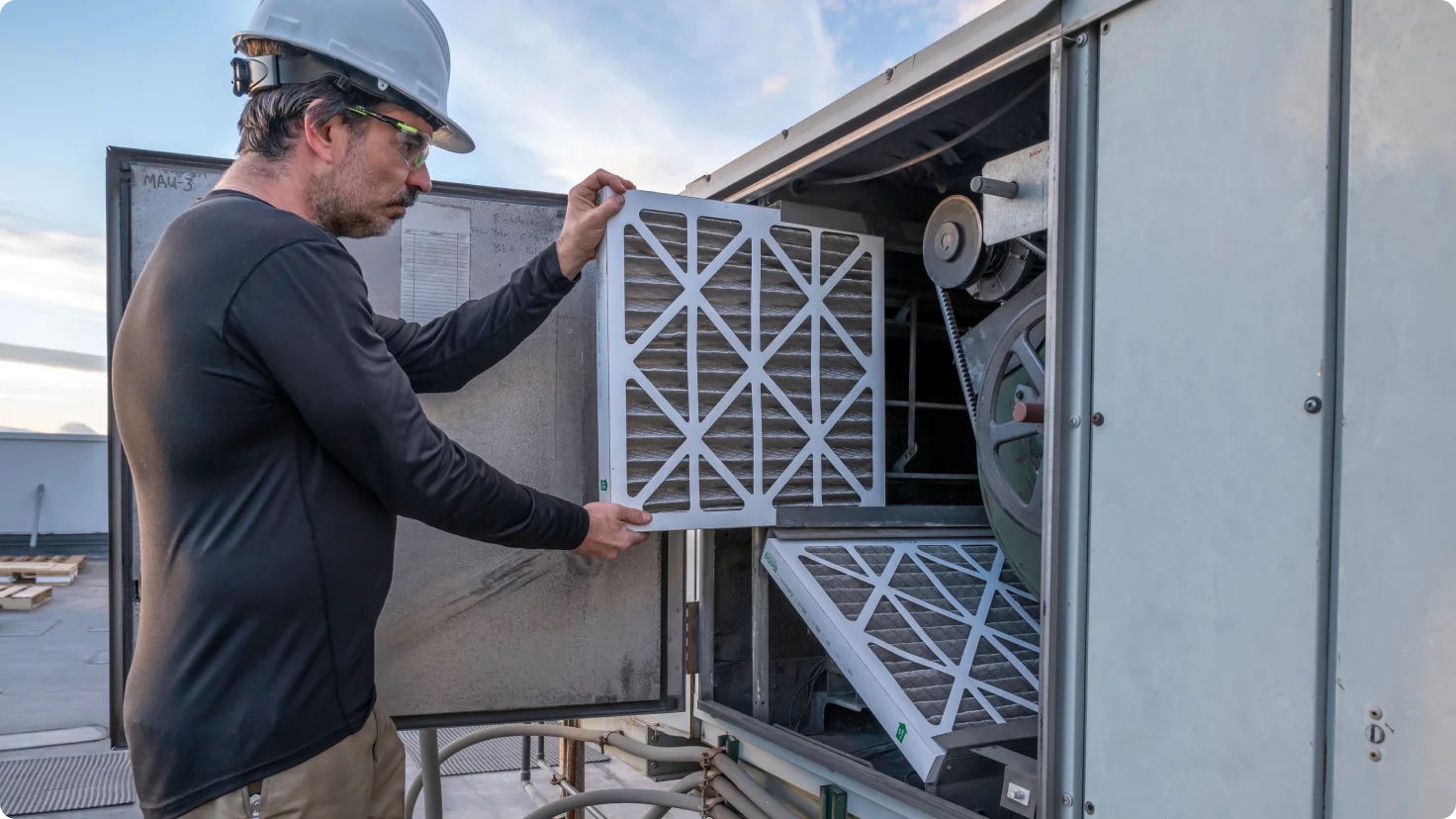
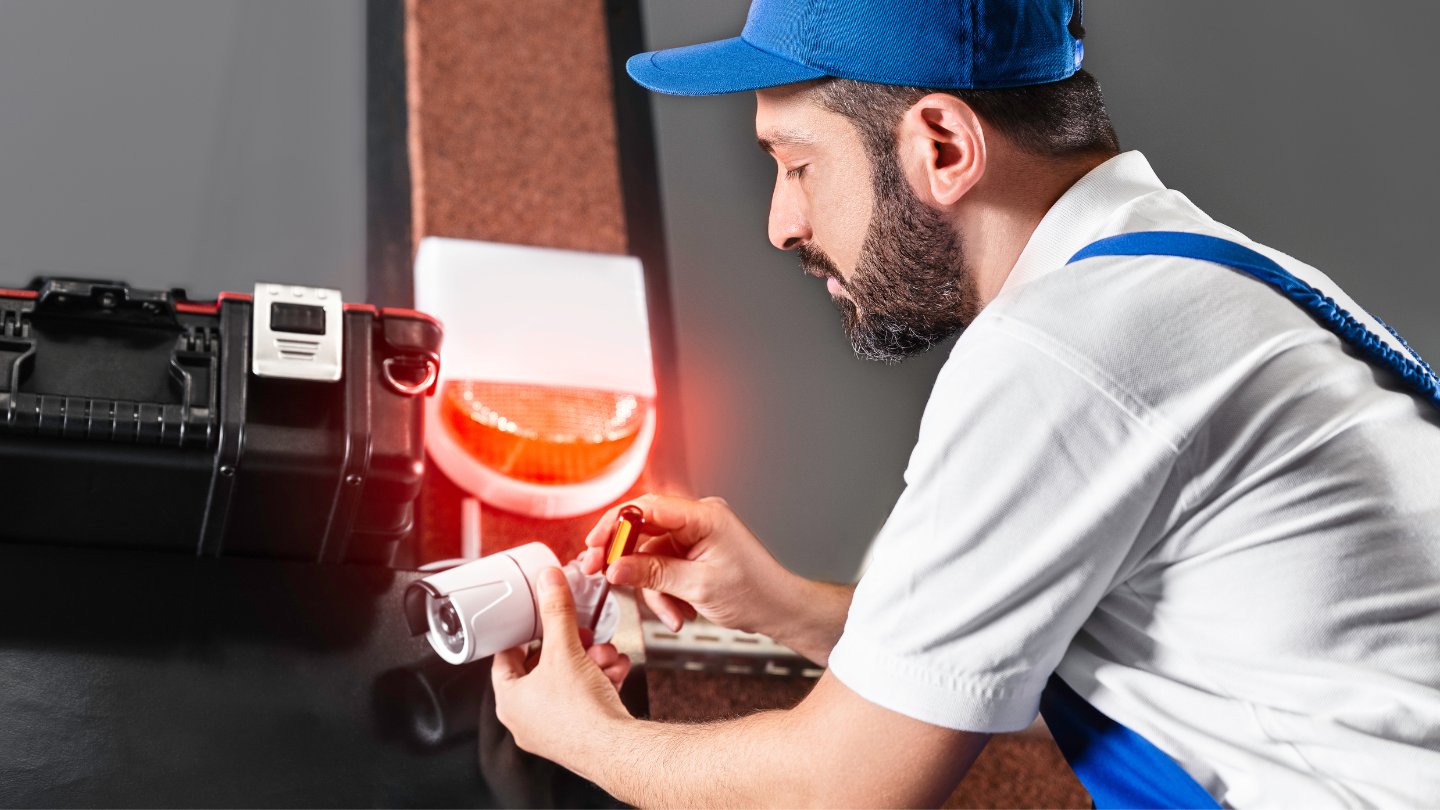
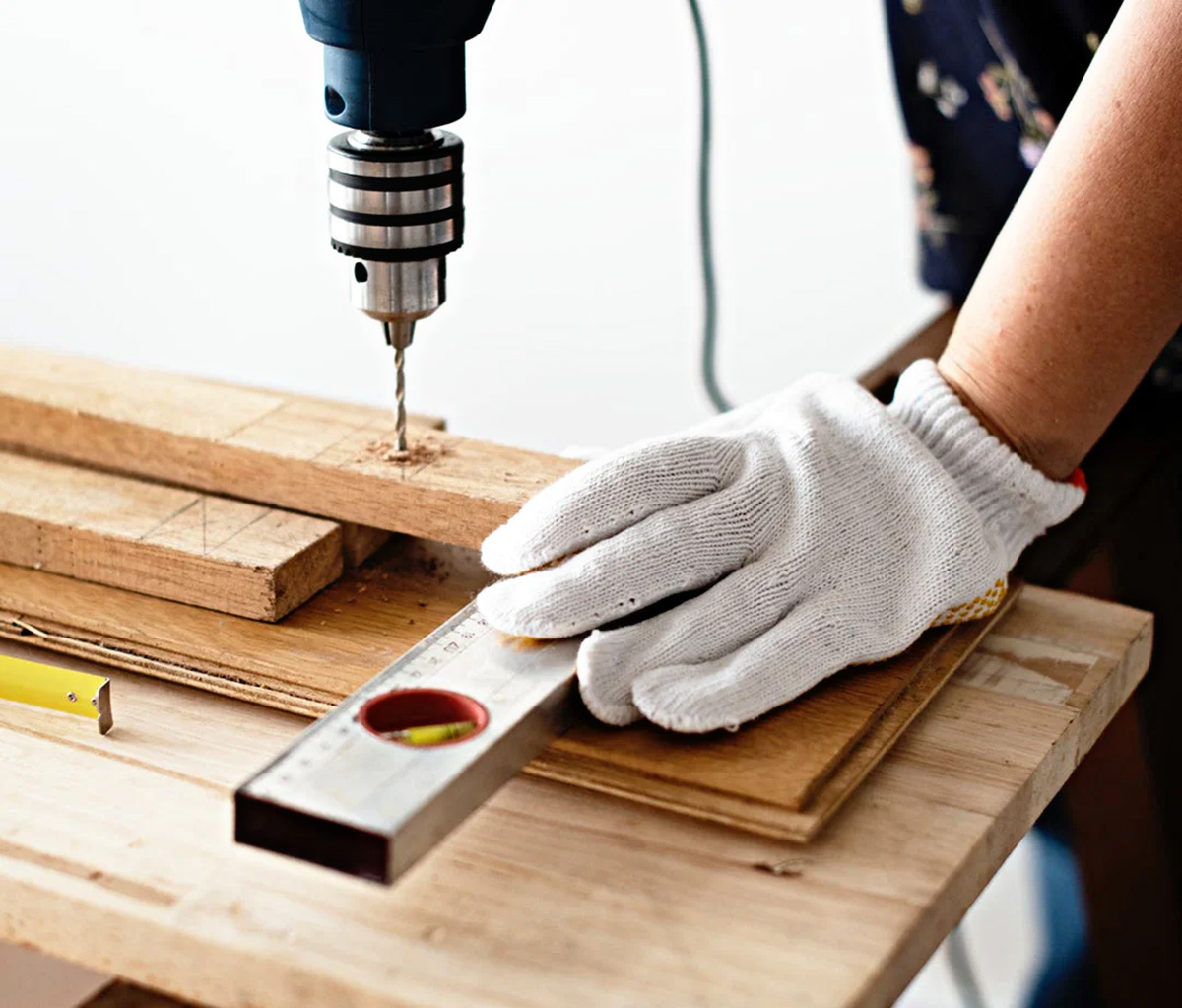

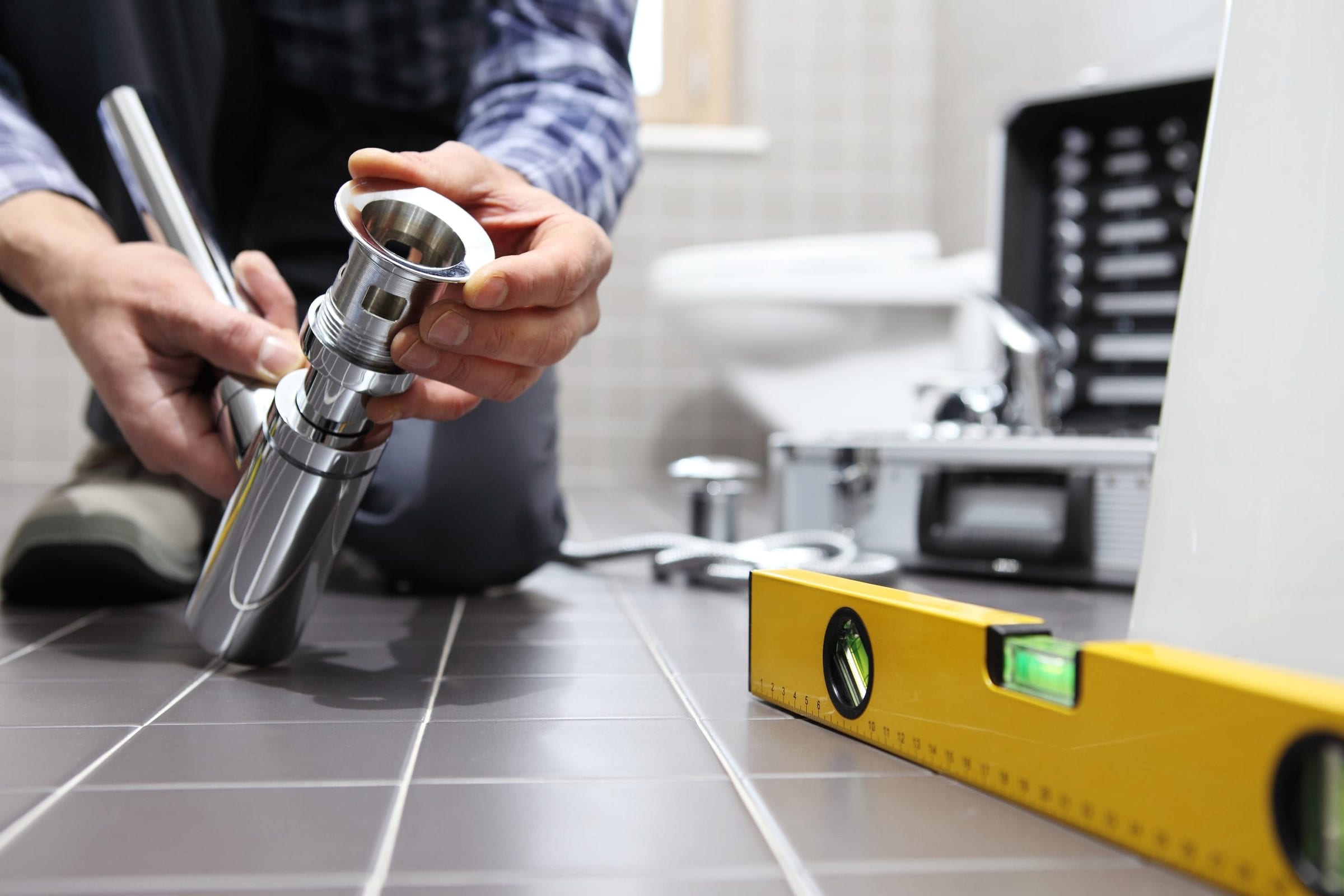
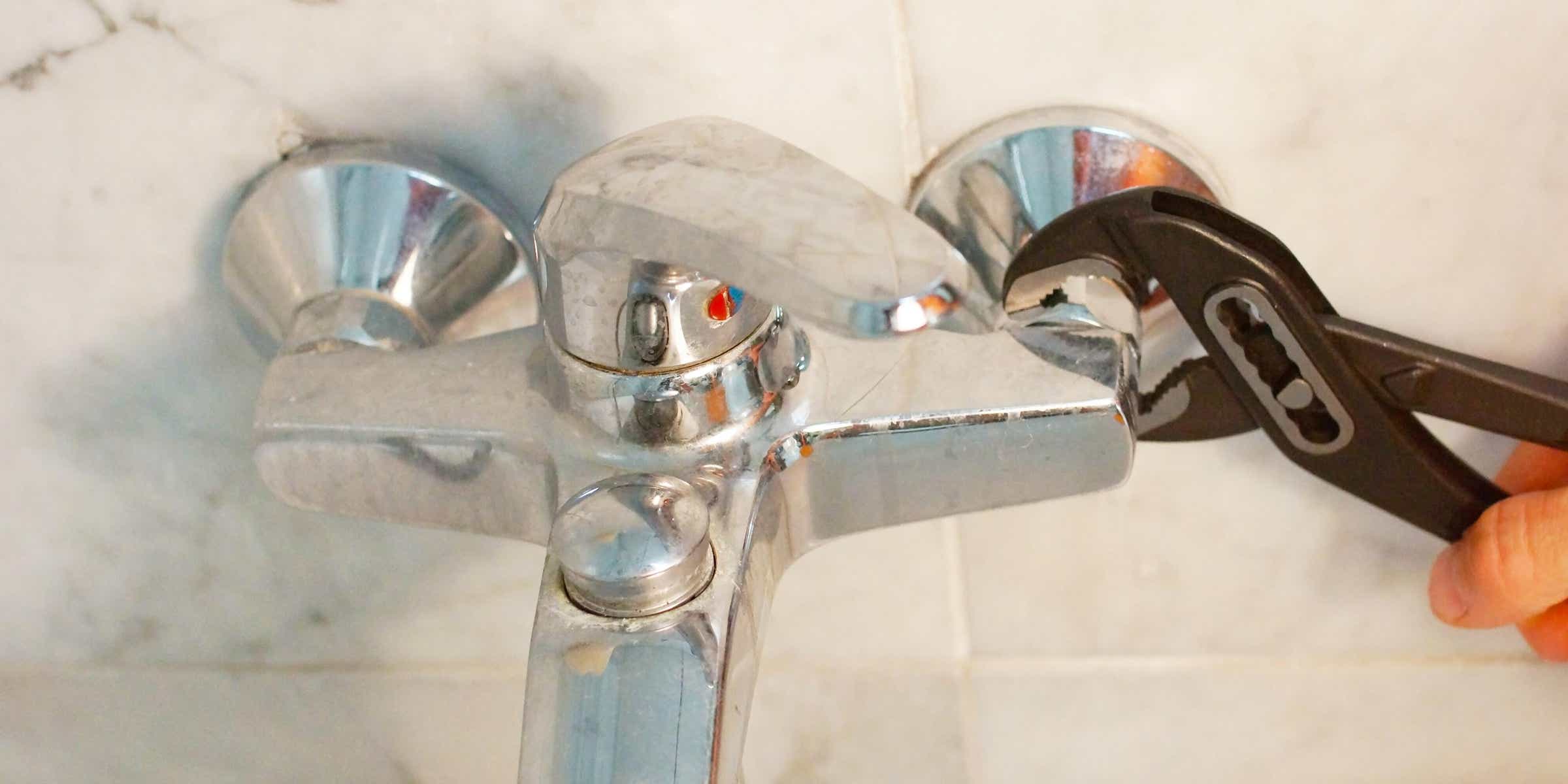
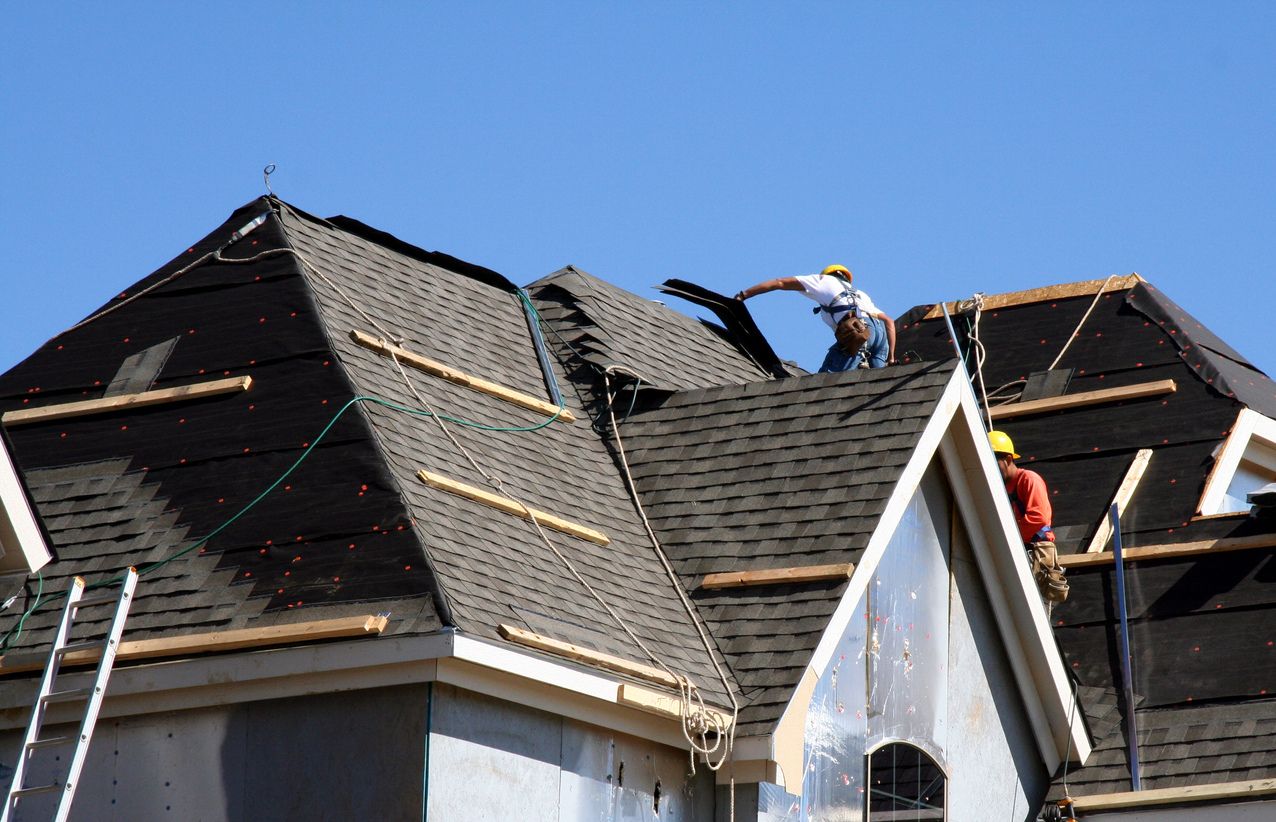

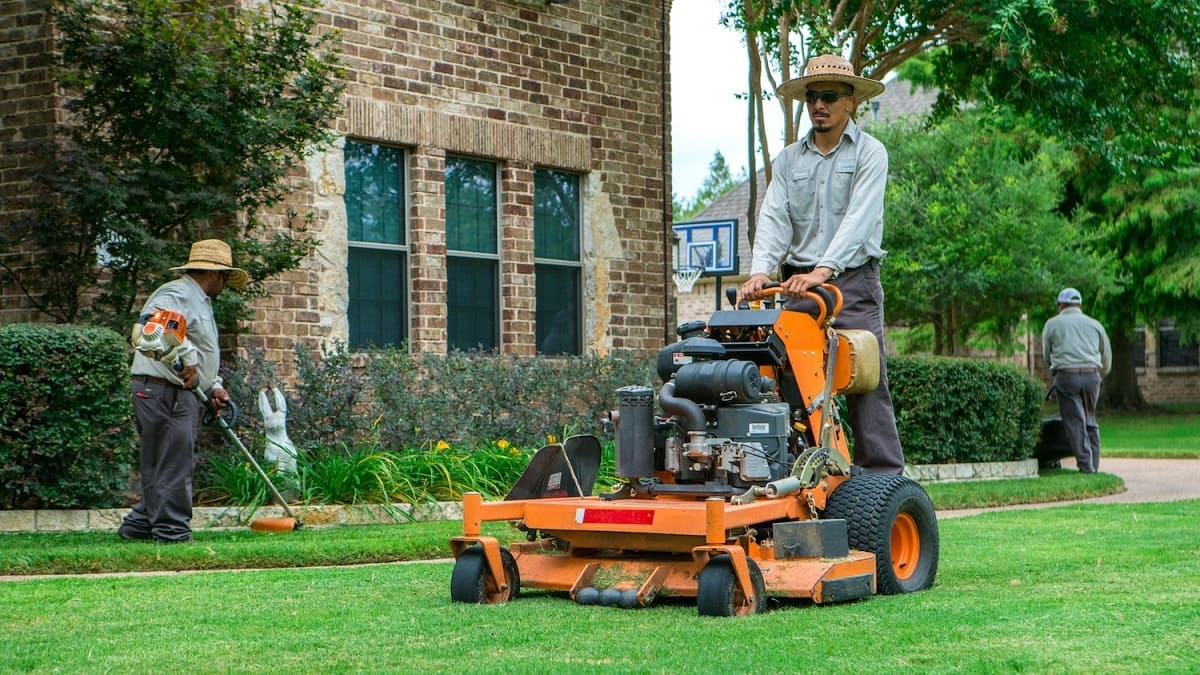
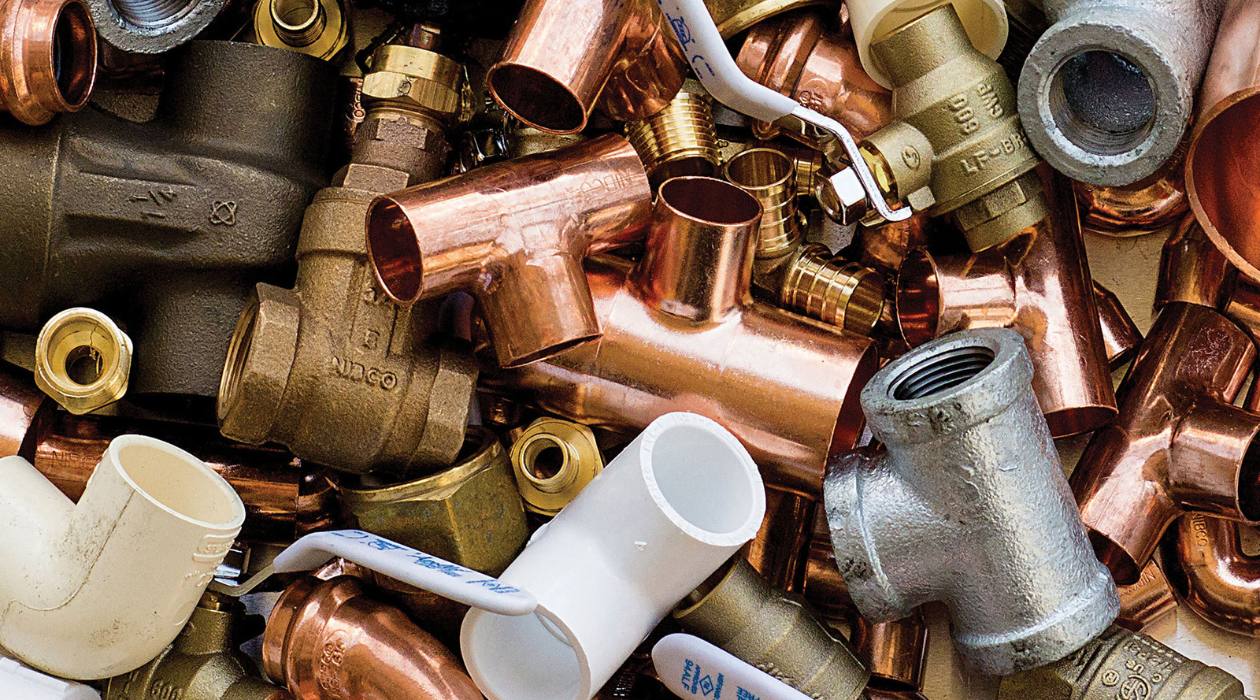

0 thoughts on “How To Get Plumbing Contractor License”